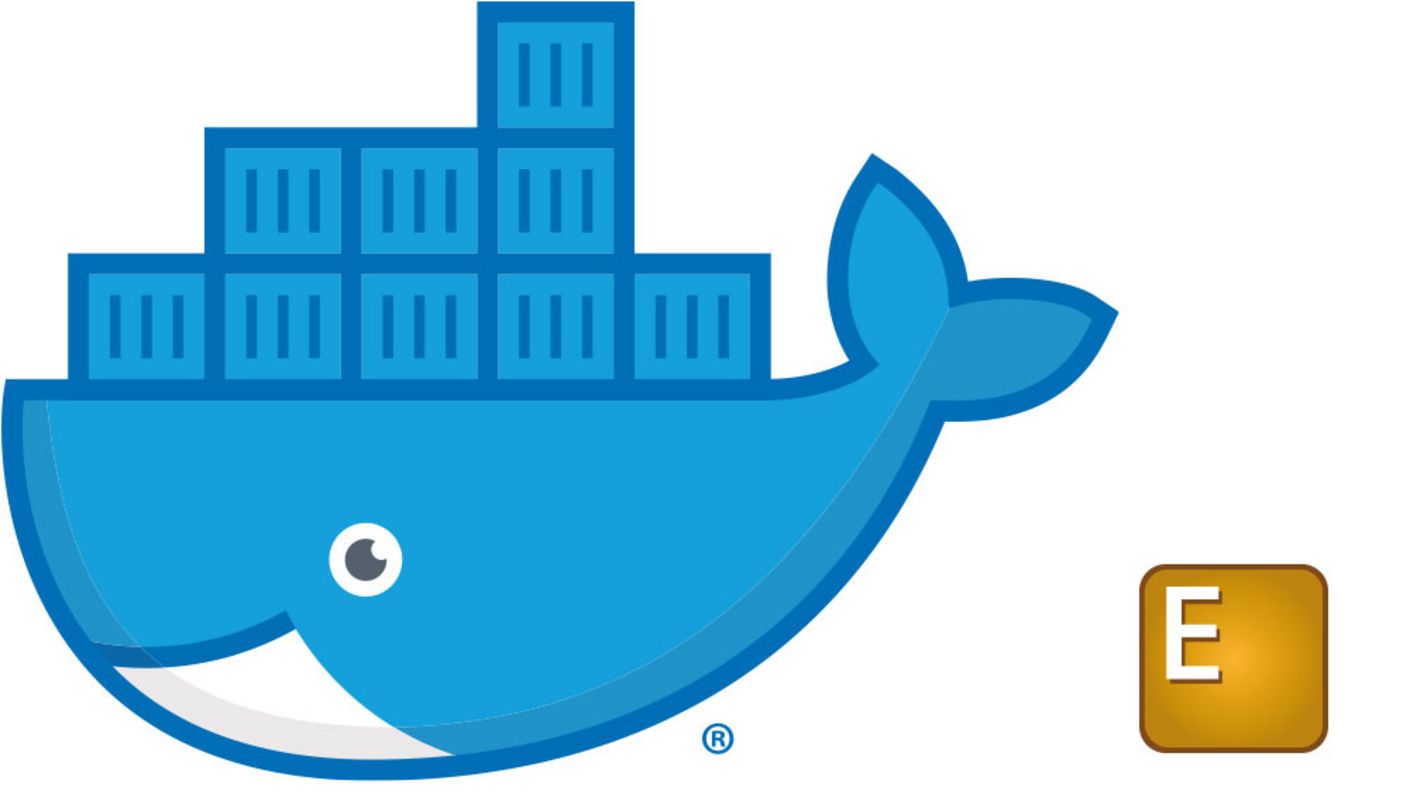Modular & Reusable
Separate applications into self-contained containers for better structure and code reuse across projects
Lightweight by Design
Unlike traditional VMs, Docker containers share the Linux kernel, minimizing overhead and maximizing performance — ideal for embedded targets
Resource Management
Control CPU, memory, and storage usage per container to ensure predictable system behavior
Security through Isolation
Containers can run with restricted privileges, reducing the risk surface by avoiding unnecessary root access
Flexible Image Management
Choose from over 3.8 million community images (or 500+ verified ones), or build your own based on ELinOS. Even the Docker registry can run in a container for offline or private hosting
Stateless & Updatable
Stateless containers simplify updates — just pull the new version and restart the service. This streamlined update model also contributes to better system Security
Modular Architecture with Microservices
Docker allows separating functions into individual containers, enabling better system structure, flexibility, and reuse of components across embedded projects
Lightweight and Efficient
Containers share the Linux kernel, resulting in minimal overhead — ideal for resource-constrained embedded platforms
Fine-grained Resource Control
Use Docker to manage CPU, memory, and storage usage per container, ensuring deterministic performance in multi-service systems
Simple and Secure Updates
Stateless containers simplify the update process: Pull the latest image and restart the service. This reduces complexity and improves system Security over time
Isolated and Privilege-restricted Services
Run services with minimal privileges and isolate them from each other. This limits potential attack surfaces and increases overall system resilience.
ELinOS-independent Containers
Docker containers are self-contained and don’t rely on ELinOS runtime packages. This increases flexibility and simplifies migration or integration with third-party software.
Private Image Hosting available
Deploy your own Docker registry as a container. No need to depend on public infrastructure for managing or distributing software images.


